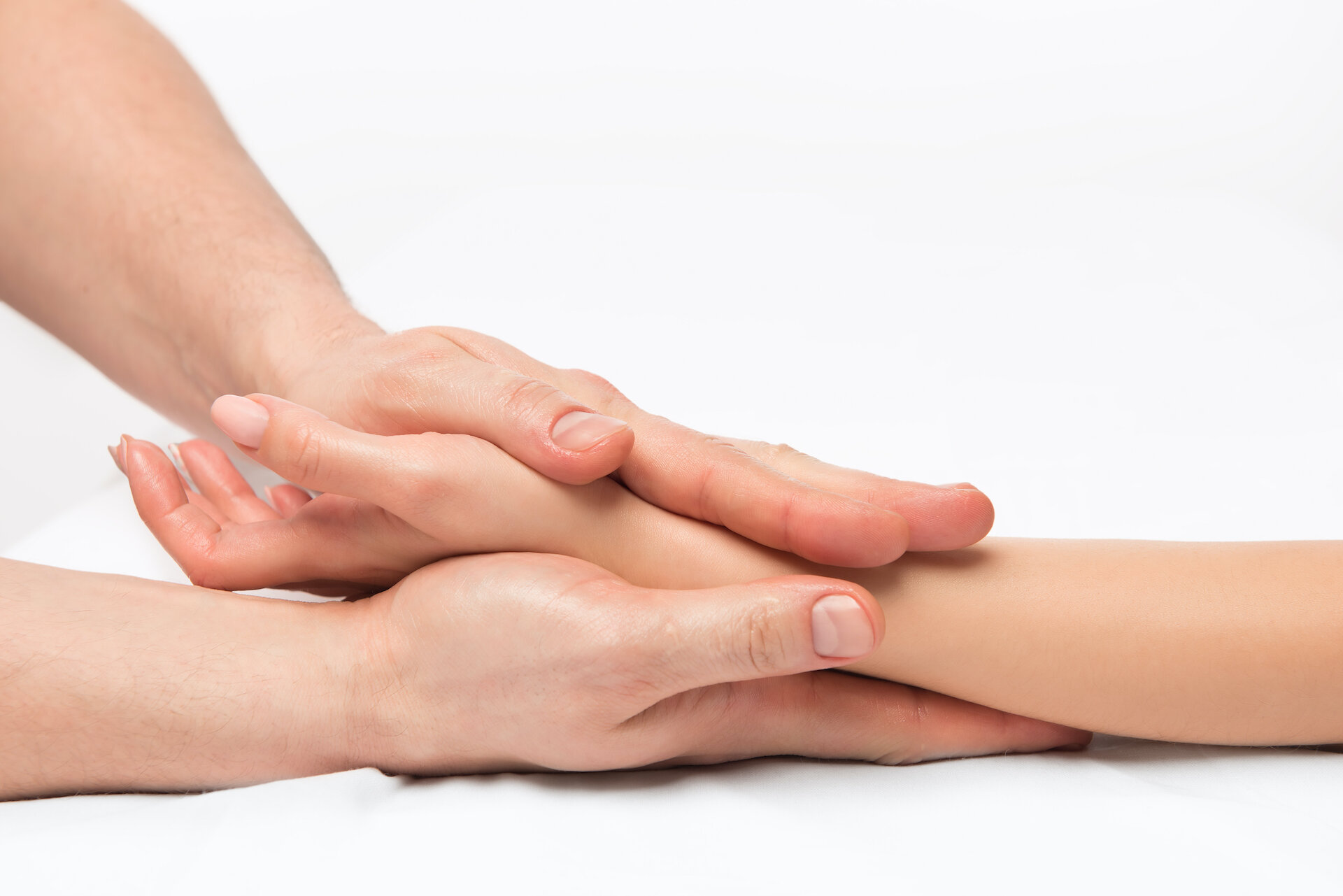If you're an athlete, you know that your body is your most important asset. Whether you're a professional athlete or just enjoy staying active, taking care of your body is crucial to performing at your best. One way to enhance your performance and speed up your recovery time is through massage therapy.
Enhancing Performance with Massage Therapy
Massage therapy has been shown to have numerous benefits for athletes, including enhancing their performance and aiding in recovery. There are several specific techniques that can be used to achieve these results, as well as psychological aspects to consider. In this section, we will explore the impact of massage therapy on physical attributes, its role in injury prevention, and scientific studies and reviews that support its efficacy.
Specific Techniques for Performance Enhancement
There are several massage techniques that can be used to enhance athletic performance. Effleurage, a gentle stroking technique, can help warm up muscles and increase blood flow. Petrissage, a kneading technique, can help break down adhesions and improve range of motion. Tapotement, a tapping technique, can help increase muscle force and power.
Myofascial release, a technique that targets the fascia surrounding muscles, can help improve flexibility and reduce muscle tension. Deep tissue massage and deep transverse friction massage can also be used to target specific areas of the body and improve performance.
Impact on Physical Attributes
Massage therapy can also have a direct impact on physical attributes that are important for athletic performance. It has been shown to improve flexibility, strength, and endurance, as well as increase jump and sprint performance. Massage therapy can also improve range of motion and reduce muscle soreness, which can help athletes recover more quickly from intense training sessions.
Role in Injury Prevention
Massage therapy can also play an important role in injury prevention for athletes. Regular massage can help identify areas of the body that are at risk for injury and address any imbalances or weaknesses. It can also help reduce muscle tension and improve flexibility, which can help prevent athletic injuries from occurring in the first place.
Massage Therapy for Recovery
Massage therapy is an effective tool for athletes to aid in their recovery process. Here are some of the ways in which massage therapy can help athletes recover.
Addressing Muscle Soreness and Fatigue
Manual massage is known to reduce muscle soreness and fatigue after exercise. It can also help prevent delayed onset muscle soreness (DOMS), which is the pain and stiffness felt in muscles several hours after exercise. A systematic review of 29 studies found that massage therapy reduced DOMS by up to 30%. This is because massage increases blood flow to the muscles, which helps to remove waste products and reduce inflammation.
Promoting Relaxation and Sleep
Massage therapy can also promote relaxation and improve sleep quality. This is because it reduces muscle tension and stiffness, which can help you feel more relaxed. A study conducted on basketball players found that those who received massage therapy had better sleep quality and lower levels of anxiety and depression.
Physiological Benefits of Massage
Massage therapy has several physiological benefits that can aid in recovery. It can increase blood flow to the muscles, which helps to deliver oxygen and nutrients to the muscles and remove waste products. It can also reduce inflammation and improve the immune system's function.
Role in Rehabilitation
Massage therapy can also play a role in rehabilitation after an injury. It can help to reduce pain, improve range of motion, and promote healing. A physical therapist or physiotherapist can use massage therapy as part of a comprehensive rehabilitation program.
Scientific Studies and Reviews
There have been several scientific studies and reviews conducted on the effectiveness of massage therapy for athletes. A systematic review of randomized controlled trials found that massage therapy can improve performance and reduce fatigue in athletes. Another study found that massage therapy can help reduce muscle soreness and improve muscle recovery after exercise. These studies provide quantitative evidence for the benefits of massage therapy for athletes.
In conclusion, massage therapy is a valuable tool for athletes to aid in their recovery process. It can help to reduce muscle soreness and fatigue, promote relaxation and sleep, and provide several physiological benefits. It can also play a role in rehabilitation after an injury. Scientific studies and reviews provide evidence for the effectiveness of massage therapy for athletes.

